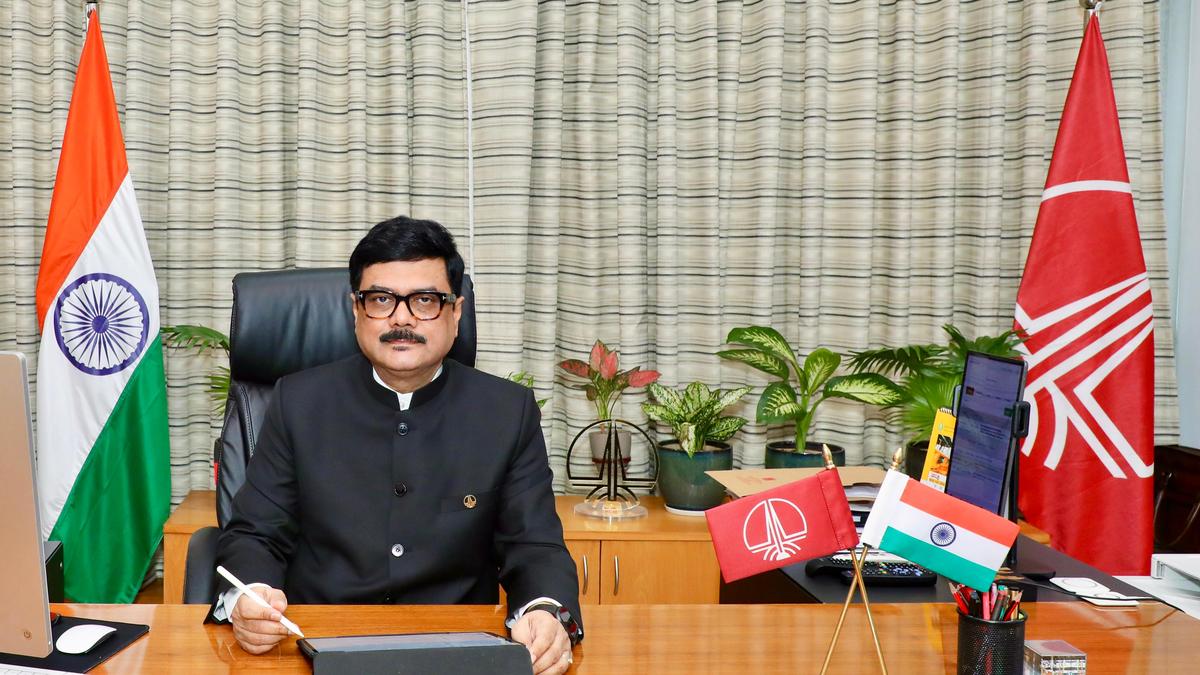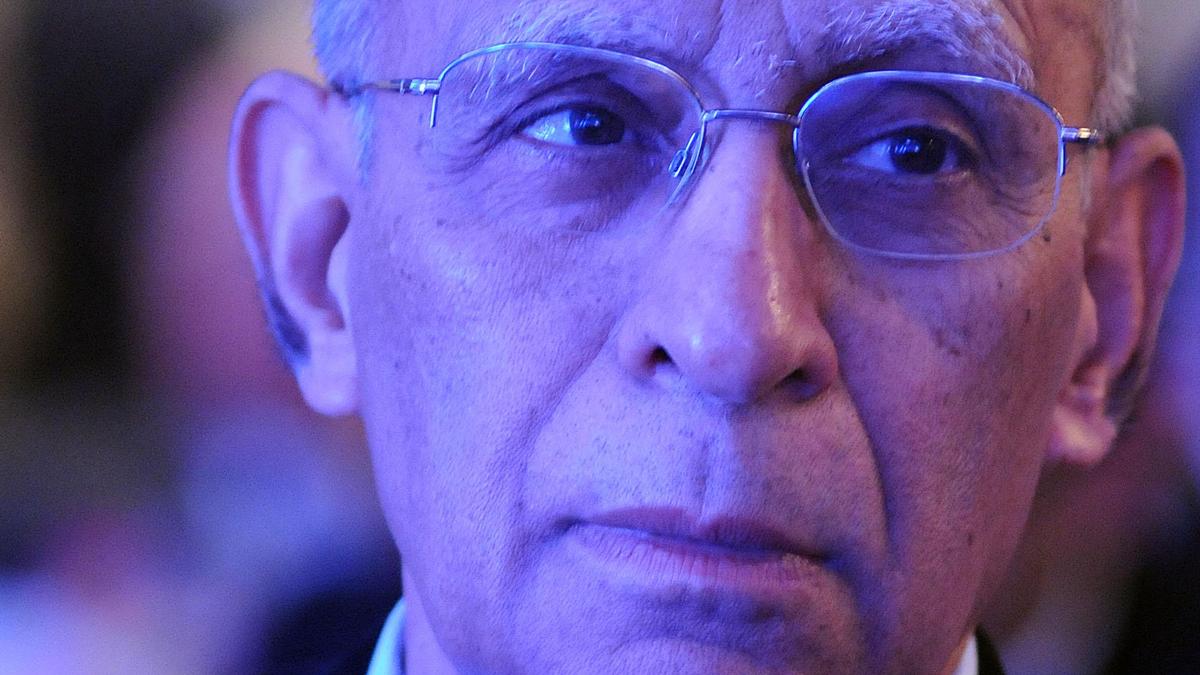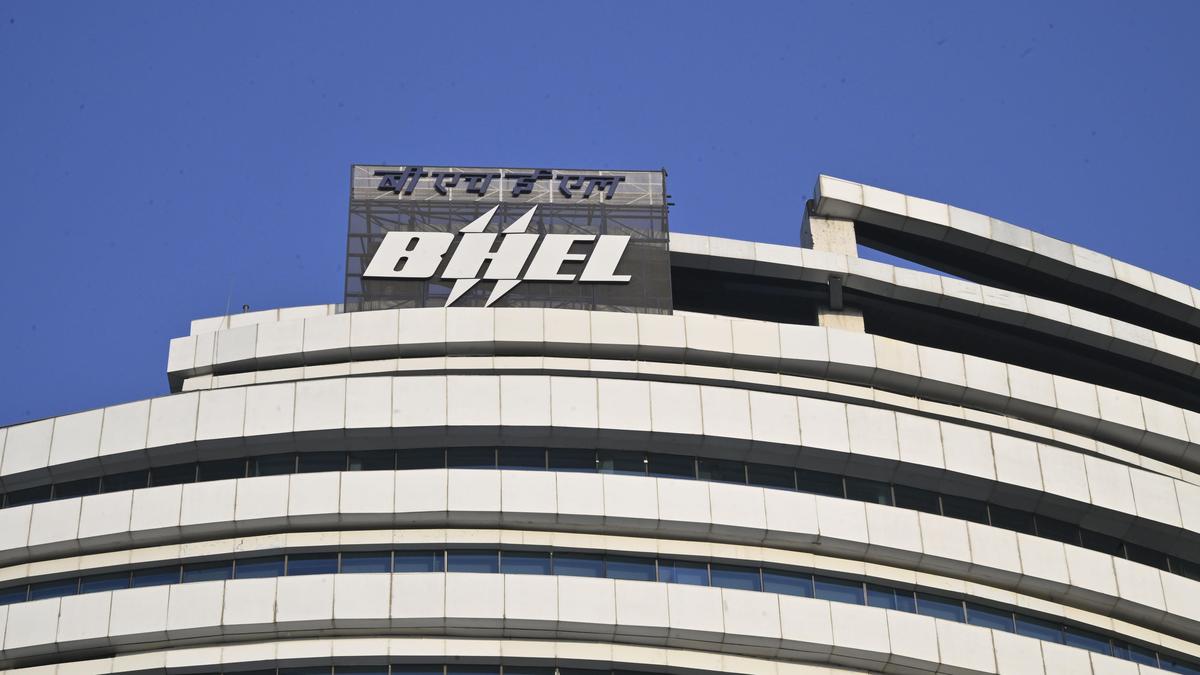Representational file image. Image by Drazen Zigic on Freepik
TV broadcasters in India are due hundreds of crores in overdue license fee payments from distributors in Nepal and Bangladesh, a problem that has been getting worse over the last year, two executives with knowledge of the payment issues told The Hindu. The problem has been particularly acute in Bangladesh, where after the ouster of former President Sheikh Hasina, TV distributors have stopped paying Indian broadcasters the fees they are due for transmitting their channels.
Many Indian channels are popular in Nepal and Bangladesh, so much so that broadcasters give distributors in that country a “clean feed,” a stripped-down live broadcast without Indian ads. In Nepal, which has had issues in the last few years of withheld payments to telecom companies like Airtel, the dues exceeded ₹100 crore in the last few weeks. Nepalese Prime Minister K.P. Sharma Oli is due to visit India in September, and Indian Foreign Secretary Vikram Misri visited Kathmandu on Sunday for a two day official trip. Bangladeshi broadcasters also owe over ₹250 crore, one executive said.
The Nepalese embassy and the High Commission of Bangladesh did not respond to queries by The Hindu. The Ministry of External Affairs did not immediately respond to a query on the dues.
In Airtel’s case in 2023, the telecom company cut off its link to Nepal briefly, before turning it back on in a few hours, underlining the stakes if payments didn’t come through. One executive speaking to The Hindu said that the major Indian broadcasters are hesitating to do the same, as broadcasters in both countries could simply pirate an Indian retail feed, ending any hope of recovering due license fees, and posing enormous challenges in reentering the market.
In Nepal, Indian channels have been facing issues with the government since April 2023, when the country’s Ministry of Communication and Information Technology (MoCIT) gave every broadcaster just two days to implement an “à la carte” pricing system, practically identical to the Telecom Regulatory Authority of India’s New Tariff Order. Unlike the NTO regime, which was implemented — with much resistance — after several months of consultations, the notice given was so short that Indian broadcasters only came to know of the requirement days after the deadline.
In Bangladesh, Beximcom, the country’s largest conglomerate with over $1 billion in assets, has not received remittance clearance from the Bank of Bangladesh to pay Indian broadcasters, and the political situation in the country has left diplomats and politicians with little interest to deal with the commercial concerns of broadcasters, one executive said.
Published – August 18, 2025 10:42 pm IST






